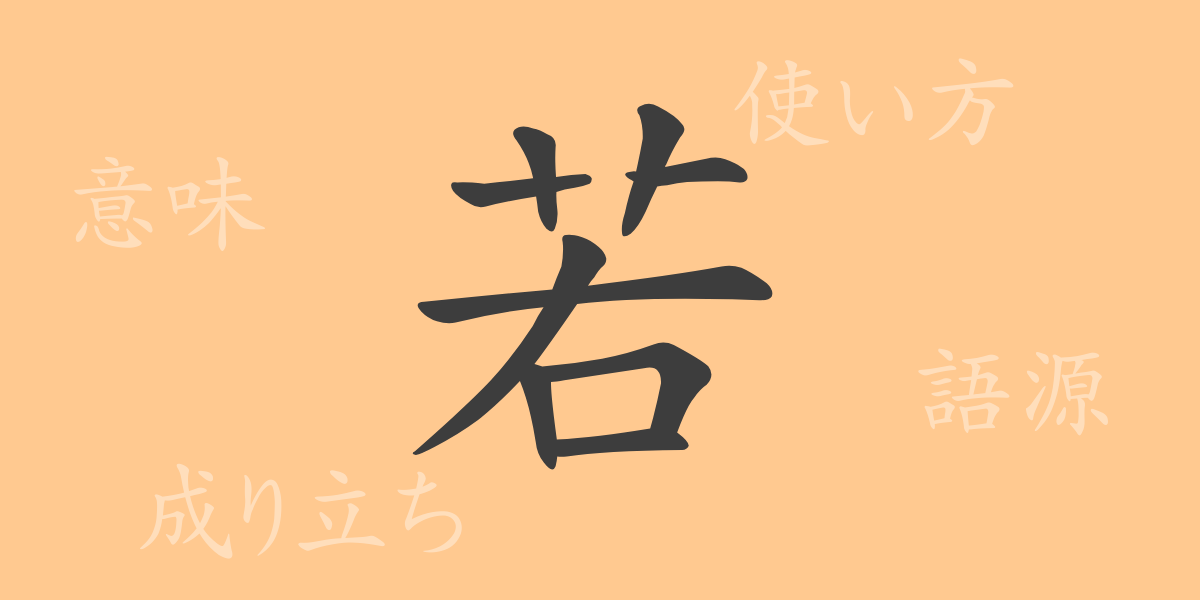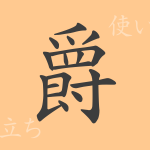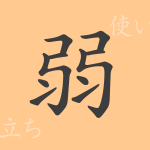The 常用漢字(じょうようかんじ) “若(わか)” is a symbol of culture passed down through generations. Youthfulness is a multifaceted concept that goes beyond age to encompass one’s mental state and social standing. In this article, we delve into the mysteries of the kanji “若(わか)” and unravel its origins, meanings, and various expressions used in daily life.
Origin of 若(わか) (Etymology)
The kanji “若(わか)” originated as a pictograph in ancient China, representing a hand picking grass. Initially, it depicted lush greenery, which eventually came to signify renewal and growth. In Japan, this character was adopted to symbolize youthful vitality and development, influencing many cultural expressions.
Meaning and Usage of 若(わか)
While “若(わか)” often refers to youth and youthful qualities, it also conveys new generations and fresh feelings, as seen in words like “若者(わかもの)” (young people) and “若葉(わかば)” (new leaves). Figuratively, it can indicate inexperience or naivety.
Readings, Stroke Count, and Radical of 若(わか)
The kanji “若(わか)” has various readings in Japanese.
- Readings: On’yomi (音読み) readings are “ジャク(じゃく)” and “ニャク(にゃく),” and the kun’yomi (訓読み) readings are “わかい” and “もしくは”.
- Stroke count: “若(わか)” has 8 strokes.
- Radical: The radical is 艸(くさかんむり), indicating its relation to grass.
Idioms, Phrases, and Proverbs Using 若(わか)
There are numerous idioms and phrases in Japanese that include the kanji “若(わか).” For example, “若葉マーク(わかばマーク)” signifies a beginner driver, while “若気(わかげ)の至(いた)り” describes youthful indiscretion. “若者言葉(わかものことば)” refers to slang or expressions unique to young people, and “若手(わかて)” means a promising individual with little experience.
Conclusion on 若(わか)
The kanji “若(わか)” carries a rich, layered meaning that extends beyond simply indicating age. This character, which has been used in numerous expressions throughout history, is deeply embedded in Japanese life and culture. As a symbol of youthfulness, growth, and novelty, it will continue to be used for generations to come.

























